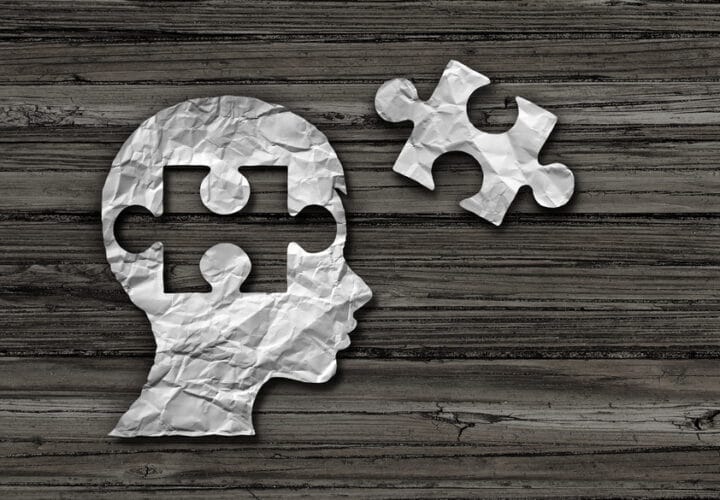A 2018 study suggests that it's what happens early in life that matters most for brain health.
As we age, we do what we can to prevent cognitive decline: eat blueberries, get our 10,000 steps in and download brain games to our smart phones. But a 2018 study suggests that it’s what happens early in life that matters most for brain health.
The study, published in the journal Neurology, found that growing up poor in houses that were crowded and had fewer books was linked to lower scores on tests that measure skills like thinking, learning, reasoning, remembering and problem solving later in life. The effect remained even when researchers took other factors like employment, education and physical health into account.
Social and economic disadvantages in childhood may indeed have a negative impact on cognitive skills.
“Just like the body, the brain ages, but for some it may age faster than others,” said study author Pavla Cermáková, M.D., Ph.D., of the Czech National Institute of Mental Health in Klecany, Czech Republic. “A growing body of evidence suggests aging of the brain may occur over a lifetime with its roots in childhood. Our study looked at a very large number of people from different backgrounds and geographic locations and found that social and economic disadvantages in childhood may indeed have a negative impact on cognitive skills,” she said.
To gather the data, researchers interviewed 20,244 people from 16 countries across Europe. Their average age at the time of the first interview was 71. Participants were interviewed and tested once at the start of the study, then at least one more time within the next five years. The tests asked participants questions that involved naming animals or remembering words after a delay.
In order to understand the environment participants lived in as children, researchers used a technique known as the “life history calendar,” which helps improve accuracy of recalled memories. They asked participants specific questions about their household as they remembered it at the age of 10—things like how many rooms there were, how many people they lived with and how many books were in the home. Researchers determined that socioeconmic hardship was defined by a high ratio of people to rooms and a low number of books. About 4 percent of people interview, or 844 people, fell into this category.
When researchers further examined those who had experienced economic hardship, they saw that they scored lower on the cognitive tests. They were also less educated, less employed and fewer had a live-in partner. They were less healthy, more likely to have depression symptoms and less physically active. Overall, those with economic hardship performed .27 points lower than those who did not. To put that into perspective, the scores of all participants ranged from -2.39 to 3.45, with those in the negative range scoring more poorly on the test. After adjusting for other factors that affect cognition, like employment, education, depression, body mass index and physical activity, those who experienced socioeconomic hardship still scored an average of .15 below those who did not.
However, the research did not show that those who experienced hardship declined faster over time, suggesting a cognitive disadvantage begins in childhood.
Still, that doesn’t show a direct cause-and-effect relationship between childhood poverty and the adult brain. The study was observational, and other factors that cause a dip in cognitive ability could be at play.
“While our research is observational, and cause and effect cannot be determined, it is by far the largest group of people ever studied on this topic,” said Cermáková. “Our study shows that the environment where we grew up is mirrored in the level of our cognitive skills when we are old; and this is only partly explained by education, depression or different lifestyle factors.
Study authors hope that this information will encourage efforts to preserve brain to start earlier.
“We believe that the focus of strategies aiming to protect cognitive health should be shifted into childhood, taking into account that children facing social and economic challenges should be provided with more resources to counter the disadvantages they face,” said Cermáková.



